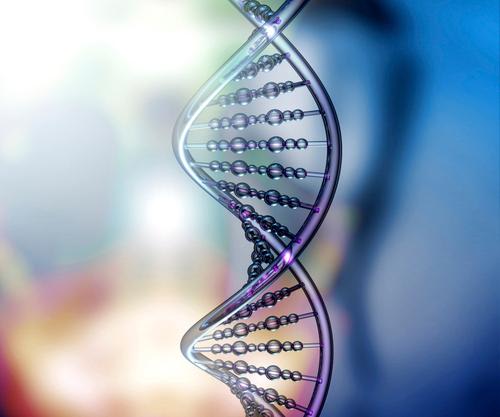
One in five people has this magical gene. Do you? (Photo: Getty Images)
Researchers have discovered that a variant of a gene associated with longevity has some added benefits: improved learning and a better memory. It’s also linked to a bigger forebrain, or prefrontal cortex, which is in charge of our planning and decision-making. What’s more, middle-aged and older people with this gene variant perform better on cognitive tests as they age.
Meet the Klotho gene.
The Klotho gene signals the body to create a protein, called klotho, that is produced in the kidneys and the brain and regulates many different functions in the body.
Mythology buffs will recognize the name: Klotho was a Fate in Greek mythology. “She spins the thread of life and she is the daughter of Zeus,” Dena Dubal, MD, PhD, assistant professor of neurology at UCSF told the Los Angeles Times. “And we have expanded her duties to include boosting brain function.”
Dubal’s team at UCSF has found that people who carry a single copy of the KL-VS variant of the Klotho gene — which is roughly 20 percent of the population — have more klotho protein in their blood than noncarriers.
“In humans… there is a code for klotho in some people that produces higher levels of this protein,” says Dubal. “And those people tend to live longer and be protected against certain diseases.”
Klotho is also linked to ‘smartness’
The UCSF team scanned the brains of 422 cognitively normal men and women aged 53 and older to see if the size of any brain area correlated with carrying one or two of the genes.They found that the Klotho gene variant predicted the size of a region called the right dorsolateral prefrontal cortex, which is especially vulnerable to aging. Deterioration in this area may be one reason why older people have difficulty suppressing distracting information and doing more than one thing at a time.
This region of the brain shrank with age in all three groups, except those with one copy of Klotho — about a quarter of the study group. This made the cognitive loss that came with the age-associated brain shrinkage less apparent.
“We’ve known for a long time that people lose cognitive abilities as they age, but now we’re beginning to understand that factors like klotho can give people a boost and confer resilience in aging,” says Dubal. “Genetic variation in Klotho could help us predict brain health and find ways to protect people from the devastating diseases that happen to us as we grow old, like Alzheimer’s and other dementias.”
What does this mean?
Good things for the future of memory loss. Drugs that increase the expression of the Klotho gene could help fight Alzheimer’s and other age-related cognitive decline.





No comments:
Post a Comment
Through these open doors you are always welcome